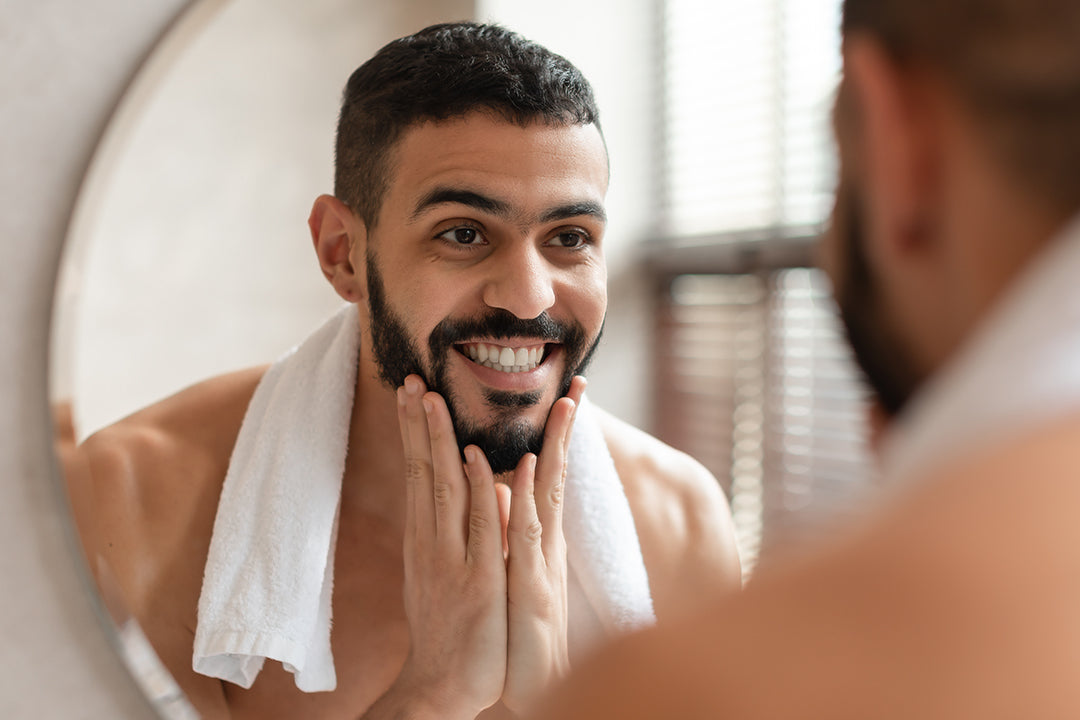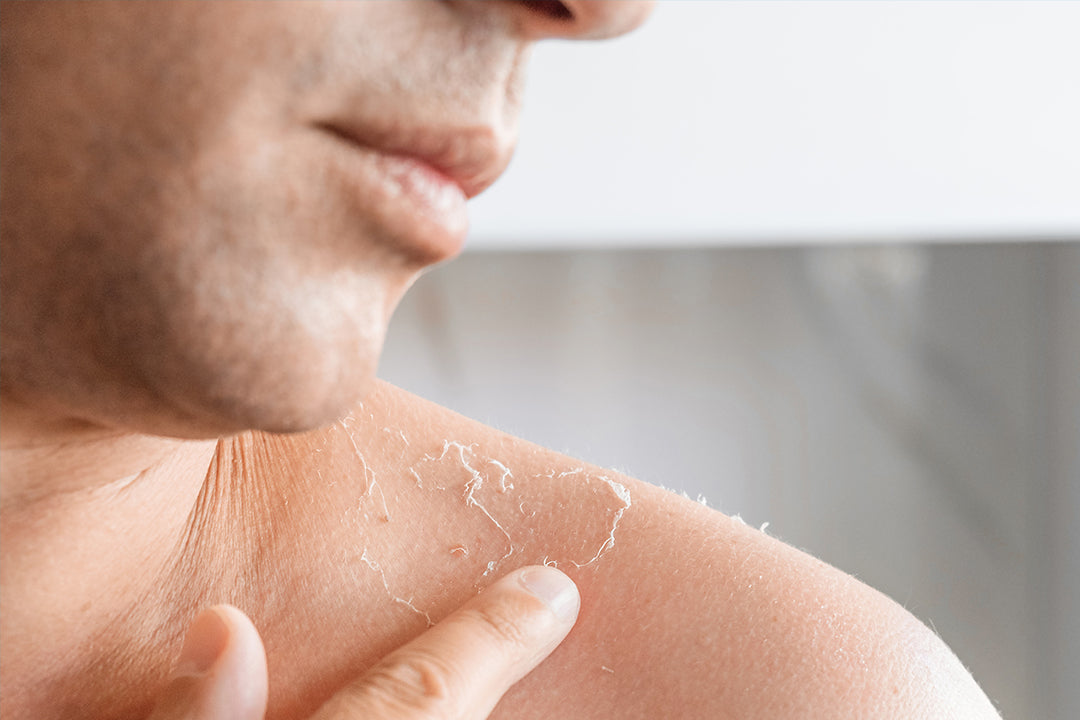When it comes to protecting your skin from the harmful effects of the sun, sunscreen is a must. But if you're someone who struggles with acne, you might be wondering if sunscreen can actually make your breakouts worse. In this comprehensive guide, we'll explore the relationship between sunscreen and acne, debunk common myths, and provide expert advice on choosing the right sunscreen for acne-prone skin.
Understanding the Culprit
Before we point fingers at sunscreen, let’s consider other potential causes of acne:
1. Hormonal fluctuations: These are often the main culprit behind breakouts.
2. Genetics: Acne can be hereditary.
3. Diet: Certain foods may contribute to acne.
4. Stress: Emotional stress can exacerbate skin issues.
5. Comedogenic products: These products clog pores and lead to acne.
Can Sunscreen Cause Acne?
One of the most common concerns among acne sufferers is whether sunscreen can cause breakouts. The truth is, not all sunscreens are created equal, and some can indeed contribute to acne flare-ups. However, it's important to note that not all acne is caused by sunscreen.
According to dermatologists, acne occurs when the pores in your skin become clogged with oil, dead skin cells, and bacteria. While certain sunscreens can clog pores and exacerbate acne, others are specifically formulated to be non-comedogenic, meaning they won't block your pores.
When choosing a sunscreen, look for products that are labeled as non-comedogenic or oil-free. These sunscreens are less likely to cause breakouts and are suitable for acne-prone skin.
Picking a Sunscreen for Acne-Prone Skin
Now that you know to look for non-comedogenic or oil-free sunscreens, let's discuss other factors to consider when choosing a sunscreen for acne-prone skin.
1. SPF: Opt for a sunscreen with a broad-spectrum SPF of 30 or higher to ensure adequate protection against both UVA and UVB rays.
2. Physical or Chemical: Physical sunscreens, such as those containing zinc oxide or titanium dioxide, sit on top of the skin and act as a physical barrier against the sun. These are generally better tolerated by acne-prone skin. Chemical sunscreens, on the other hand, are absorbed into the skin and work by converting UV rays into heat.
3. Ingredients: Avoid sunscreens that contain potential irritants or comedogenic ingredients, such as fragrances, oils, and heavy emollients.
Sunscreens That May Contribute to Acne
While it's important to choose the right sunscreen for acne-prone skin, it's equally crucial to avoid certain sunscreens that can exacerbate acne. Here are some common culprits:
1. Thick, Greasy Formulas: Sunscreens that are heavy, greasy, or leave a white cast on the skin can clog pores and lead to breakouts.
2. Chemical Filters: Some chemical filters, such as oxybenzone and avobenzone, have the potential to irritate the skin and cause acne flare-ups.
Sunscreen and Scarring
If you're dealing with acne scars or hyperpigmentation, sunscreen is an essential part of your skincare routine. Exposure to the sun's harmful UV rays can darken existing scars and make them more noticeable. By wearing sunscreen daily, you can protect your skin from further damage and help fade existing scars over time.
Tips for Acne-Prone Skin
If you’re struggling with acne, consider these tips:
1. Choose the right sunscreen: Look for oil-free, non-comedogenic formulas with mineral actives like zinc oxide or titanium dioxide.
2. Cleanse regularly: Wash your face twice a day with a gentle cleanser.
3. Exfoliate gently: Remove dead skin cells to prevent clogged pores.
4. Moisturize: Hydrated skin is less prone to breakouts.
5. Consult a dermatologist: If acne is severe or persistent, seek professional advice.
The Final Takeaway
While sunscreen can contribute to acne breakouts in some cases, it's important to remember that not all sunscreens are created equal. By choosing a non-comedogenic or oil-free sunscreen and following a consistent skincare routine, you can protect your skin from the sun's harmful rays without exacerbating acne. Remember to cleanse your skin thoroughly at the end of the day and consult with a dermatologist if you're experiencing persistent acne.
Remember, taking care of your skin is essential for maintaining its health and appearance. By choosing the right sunscreen and following a consistent skincare routine, you can achieve clear, healthy skin that you'll love.
So, next time you reach for your sunscreen, rest assured that you can protect your skin without worrying about pesky pimples. Embrace the sun, enjoy the outdoors, and take care of your skin like a pro!









